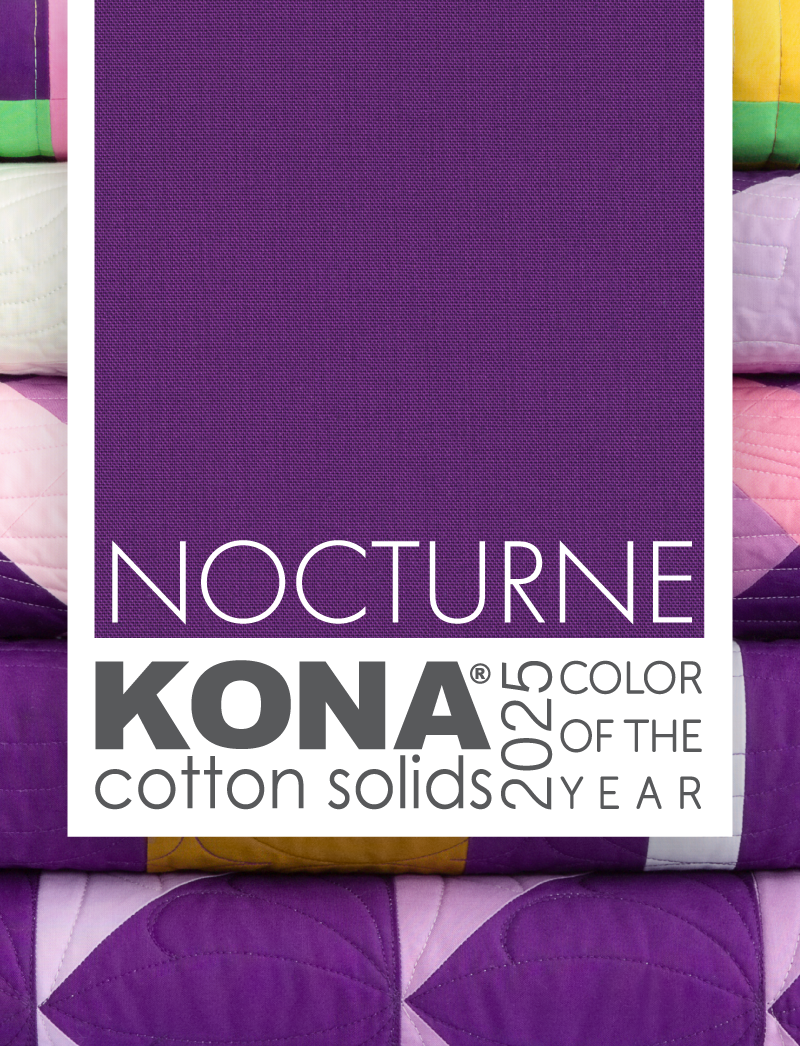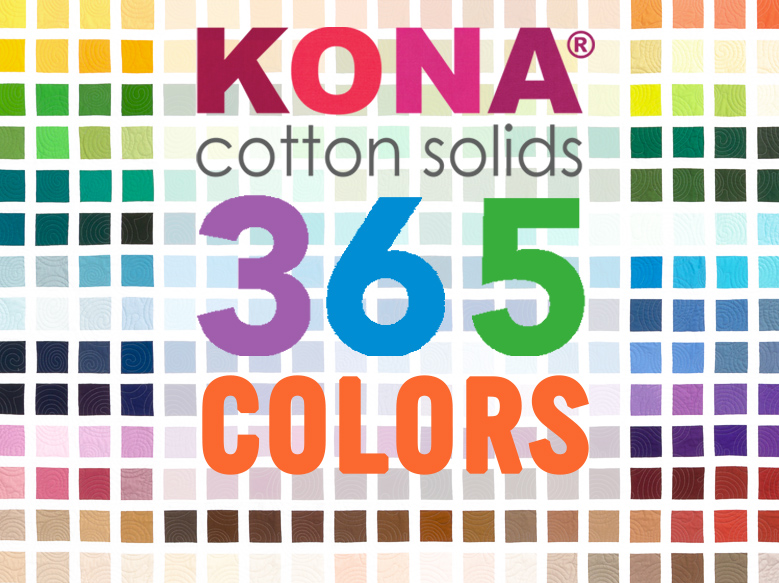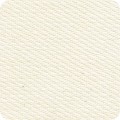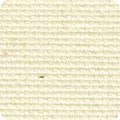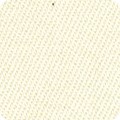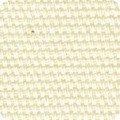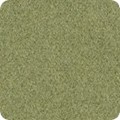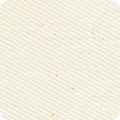- Show All Fabrics
- greenSTYLE
Greenstyle: Eco-Friendly and Sustainable Fabrics
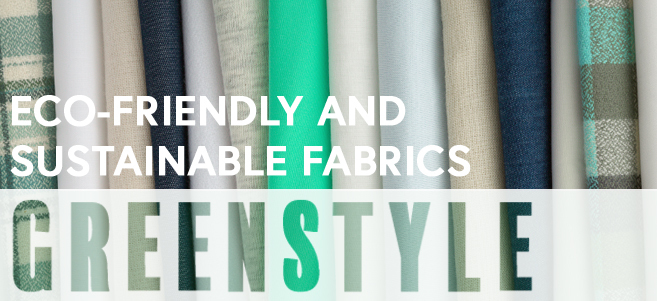
Robert Kaufman is proud to offer a growing range of eco-friendly / sustainable products, including:
and constantly more in development!
Organic Cotton
Organic cotton is often considered one of the most environmentally friendly fabric options. It is grown in a way that doesn’t require the use of pesticides or toxic chemicals. To avoid these chemicals, the alternative growing methods have a reduced impact on the environment.
BCI Cotton
BCI cotton from the Better Cotton Initiative is produced more sustainably. BCI farmers receive training on how to use water efficiently, care for the health of the soil and natural habitats, minimize the impact of harmful crop protection practices, preserve fiber quality and apply decent work principles. BCI also promotes use of better irrigation practices with farmers, as well as reducing the use of fertilizers. Learn more at https://bettercotton.org/
Hemp
Hemp offers the earth-friendly benefits of being grown all around the world, naturally fertilizing the soil it grows in, and requiring very little water and no pesticides – making it much better for the environment than other crops.
Recycled Polyester
Compared to making what's called virgin fiber, making recycled polyester offsets using new petroleum, emitting fewer greenhouse gases and conserving water and energy in the process. Robert Kaufman offers a variety of fabrics featuring recycled polyester, including fabrics made with REPREVE®, from the Unifi brand.
Recycled Cotton
Much like the benefits of recycled polyester, the amount of energy, water, and dye used to produce Recycled Cotton is reduced from using a product that has already been processed. The savings are achieved by offsetting the production of new materials.
Tencel
TENCEL™ Lyocell fibers have gained a commendable reputation for their environmentally responsible closed loop production process, which transforms wood pulp into cellulosic fibers with high resource efficiency and low environmental impact. This solvent-spinning process recycles process water and reuses the solvent at a recovery rate of more than 99%.
.gif)
